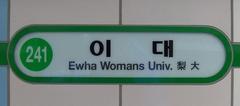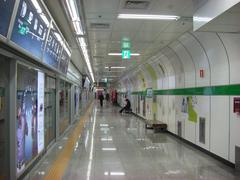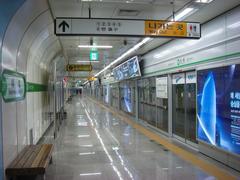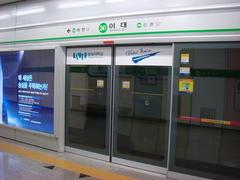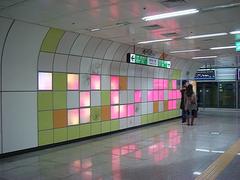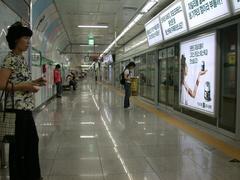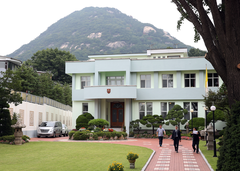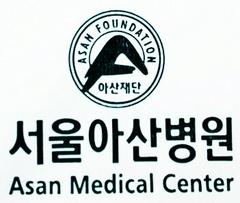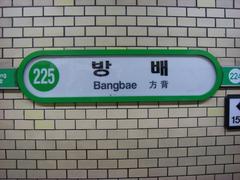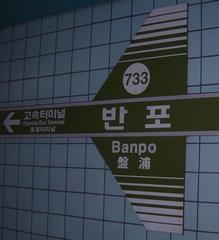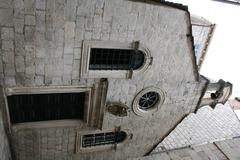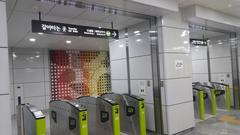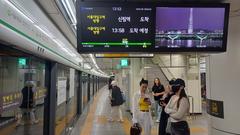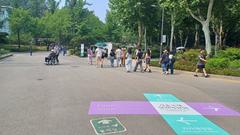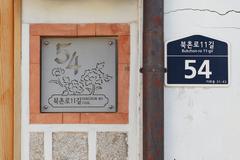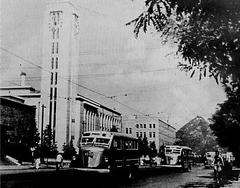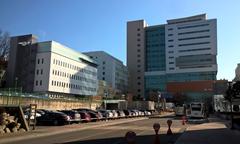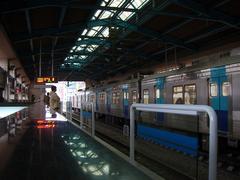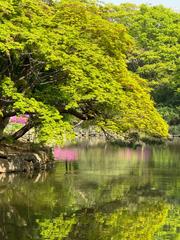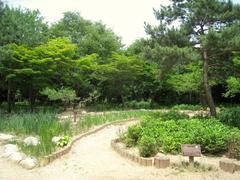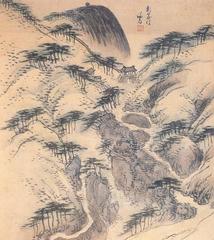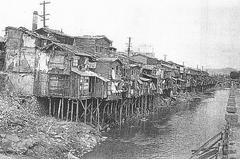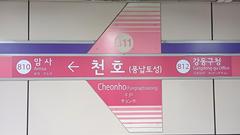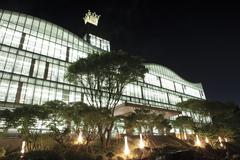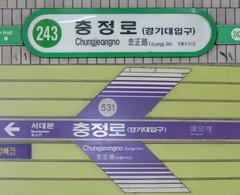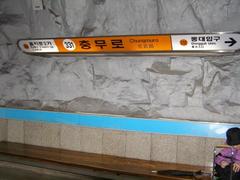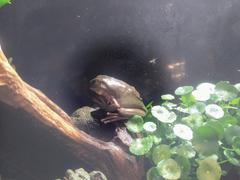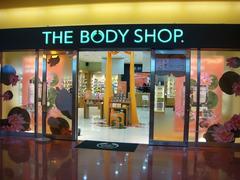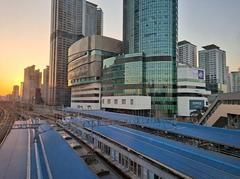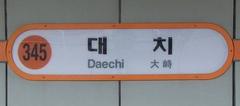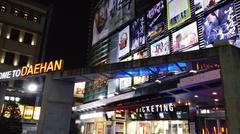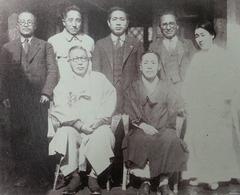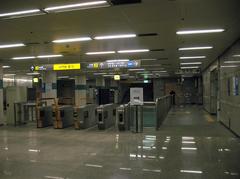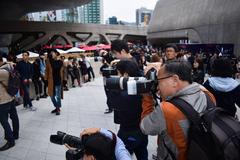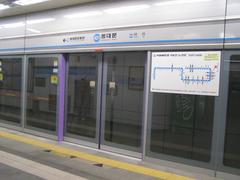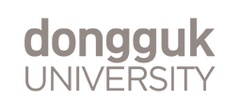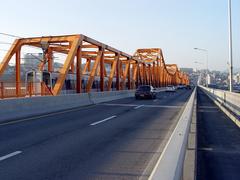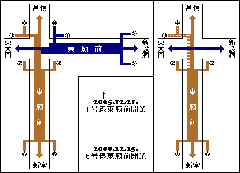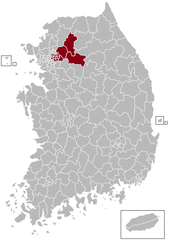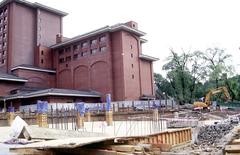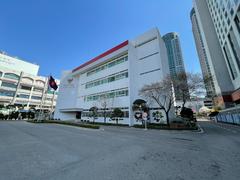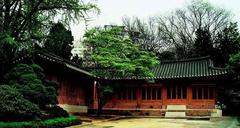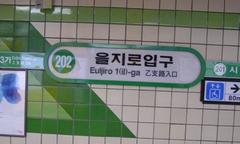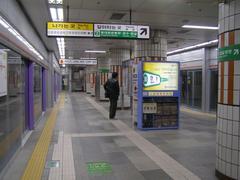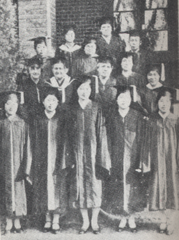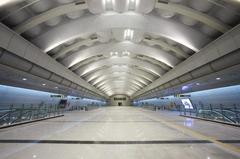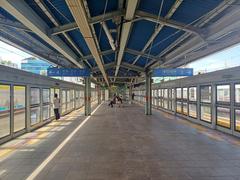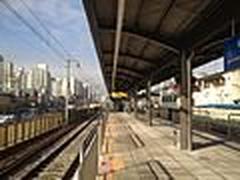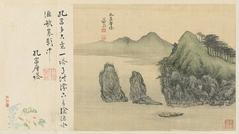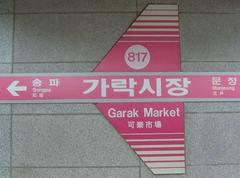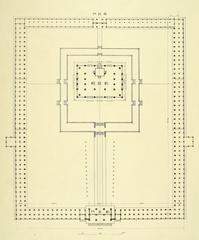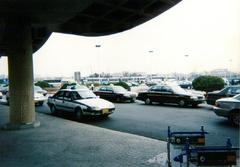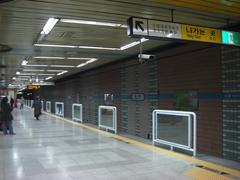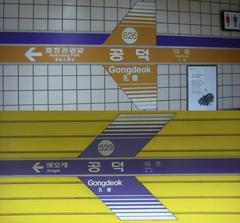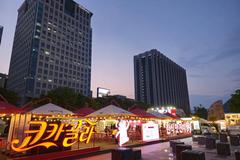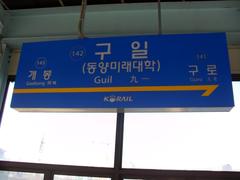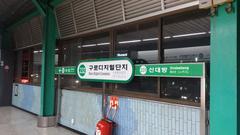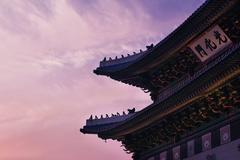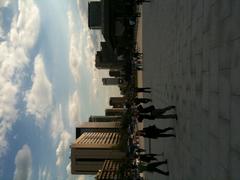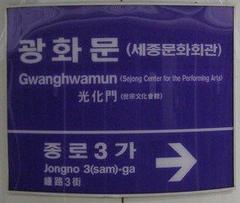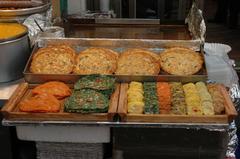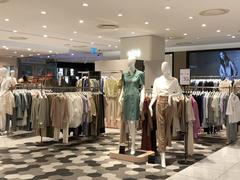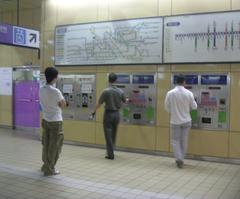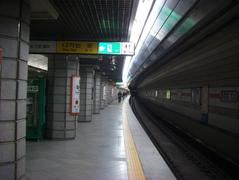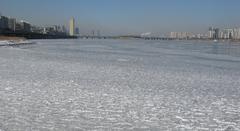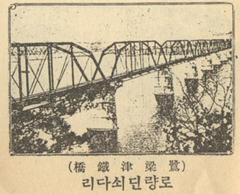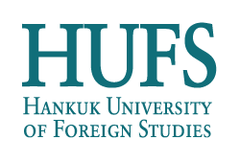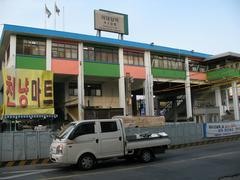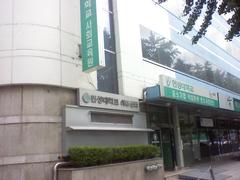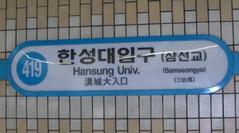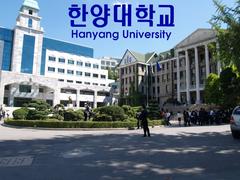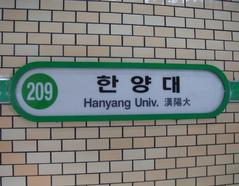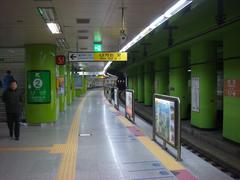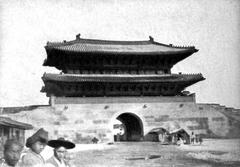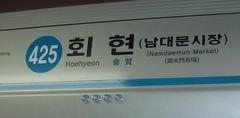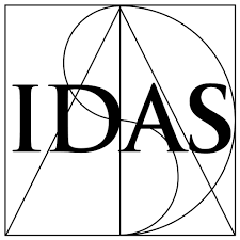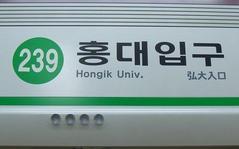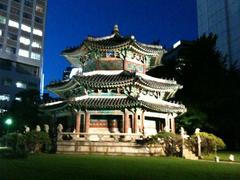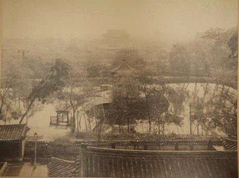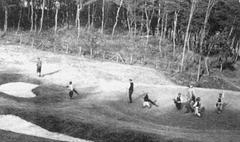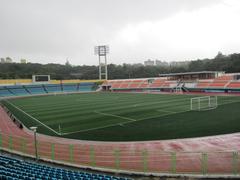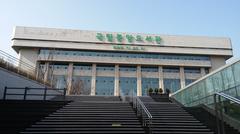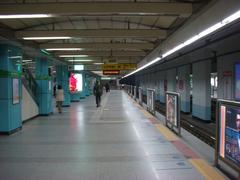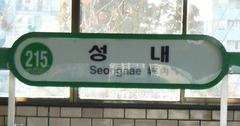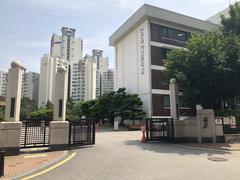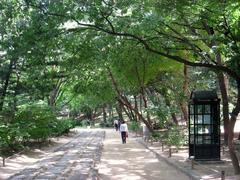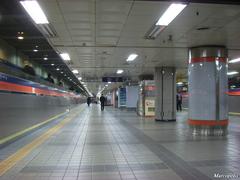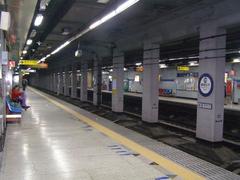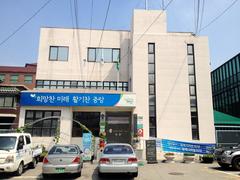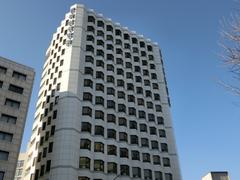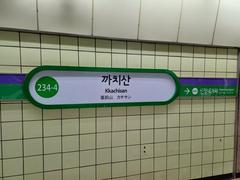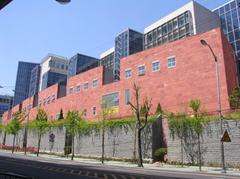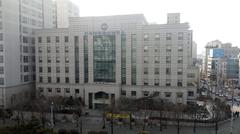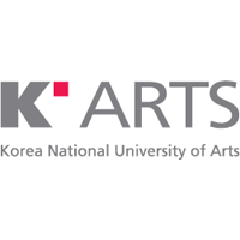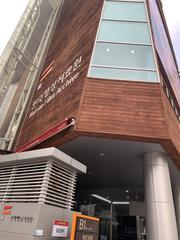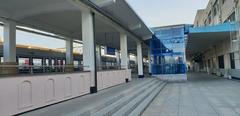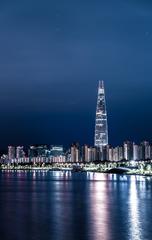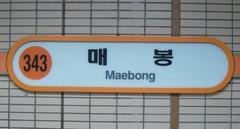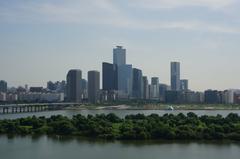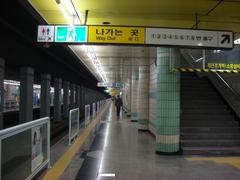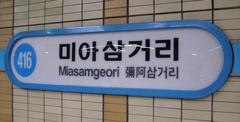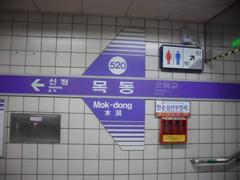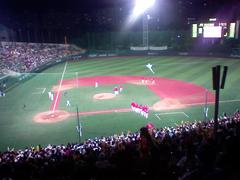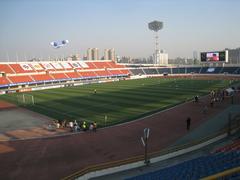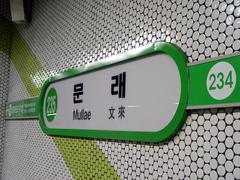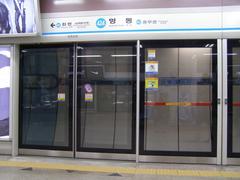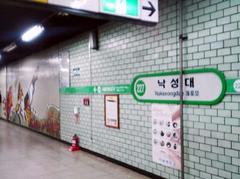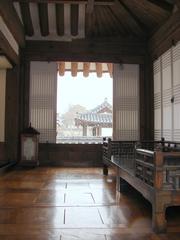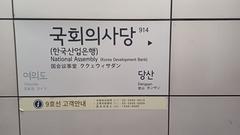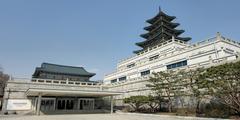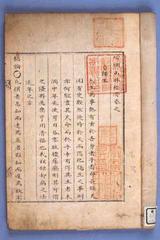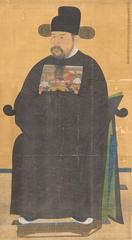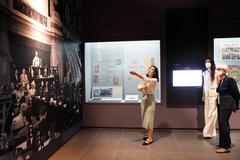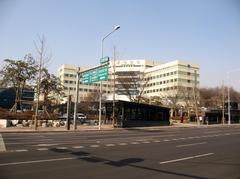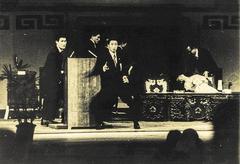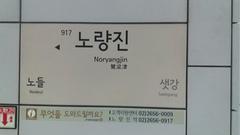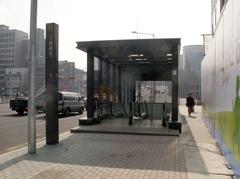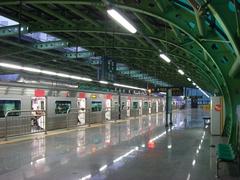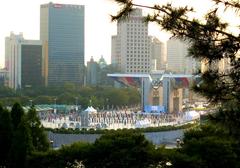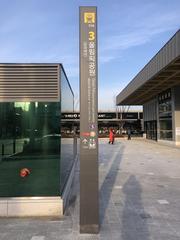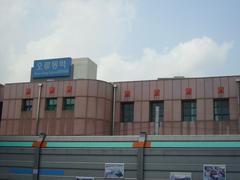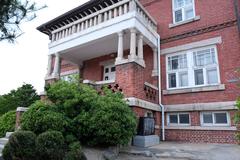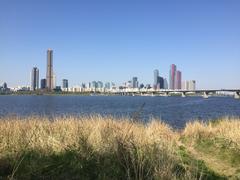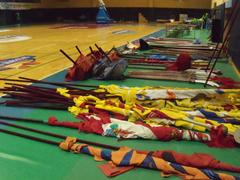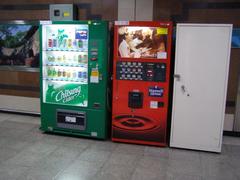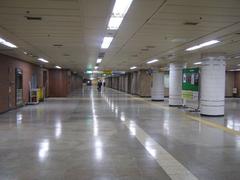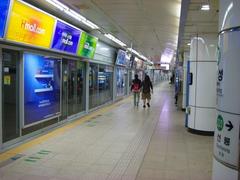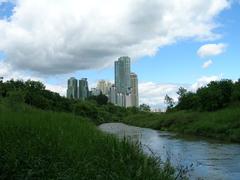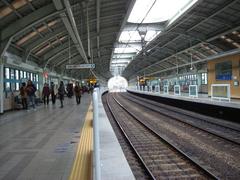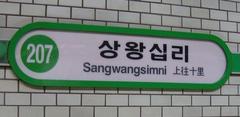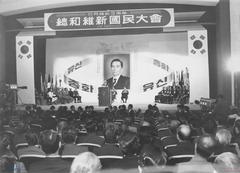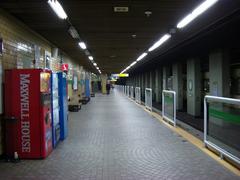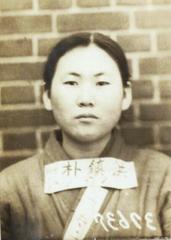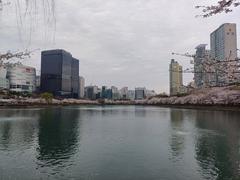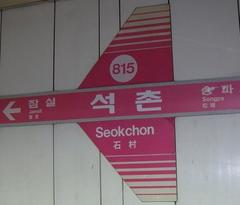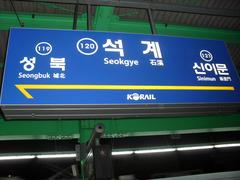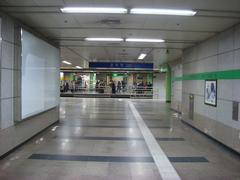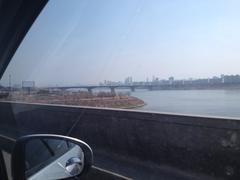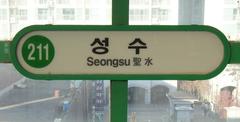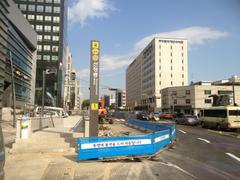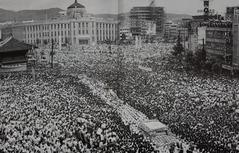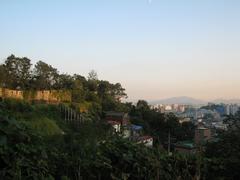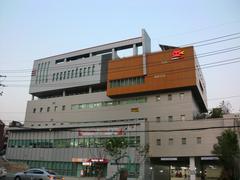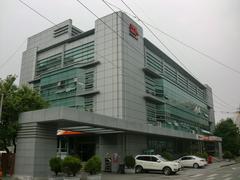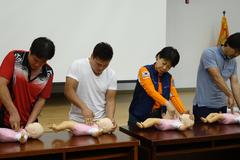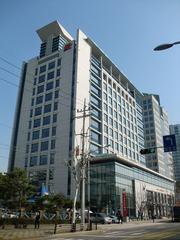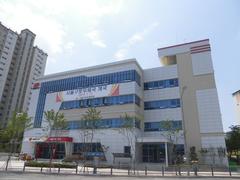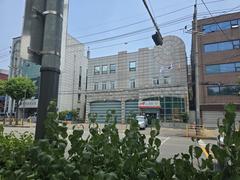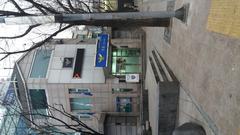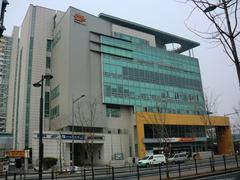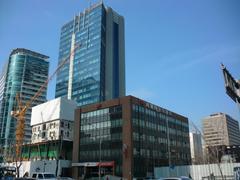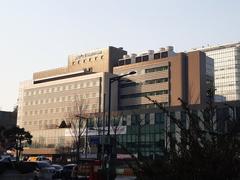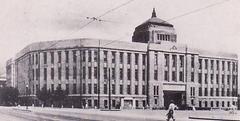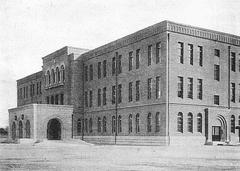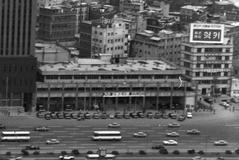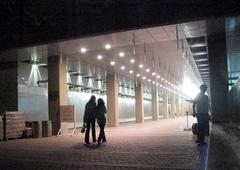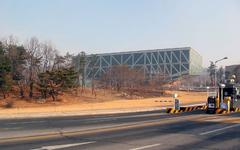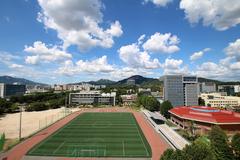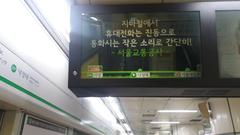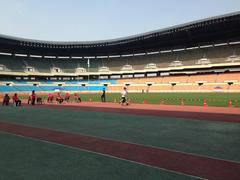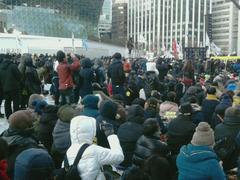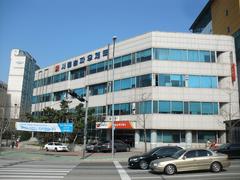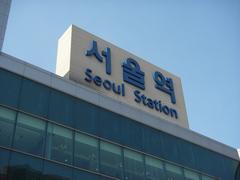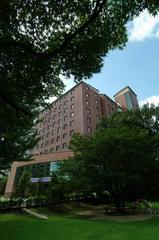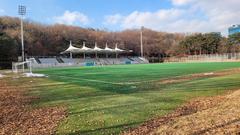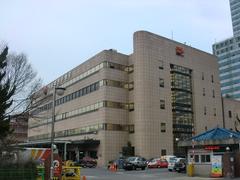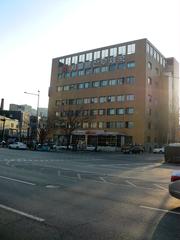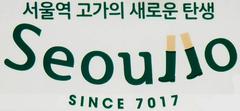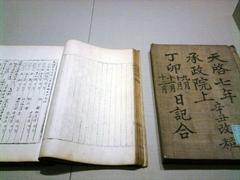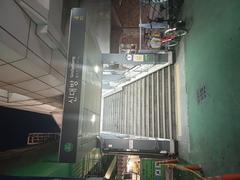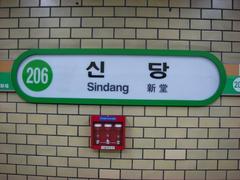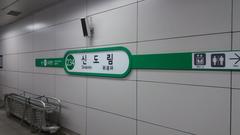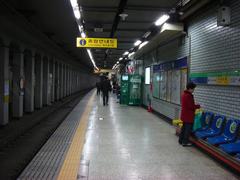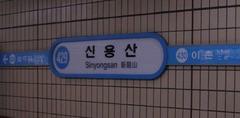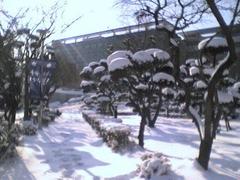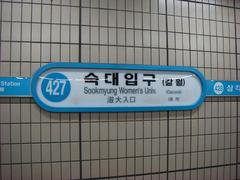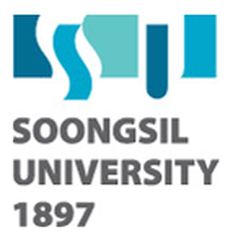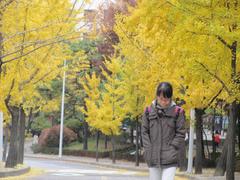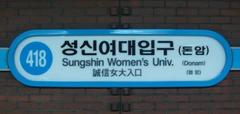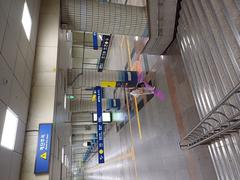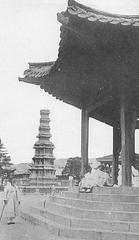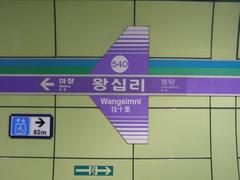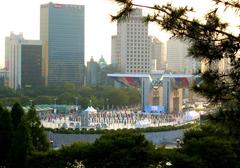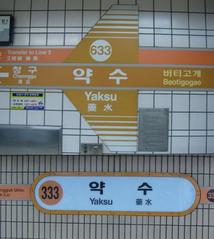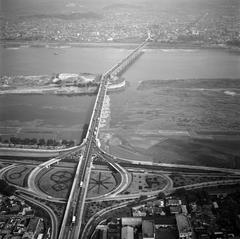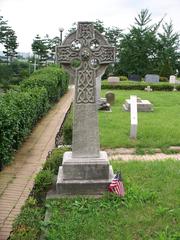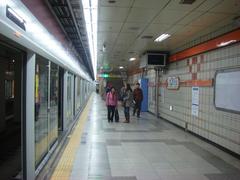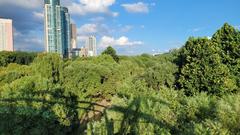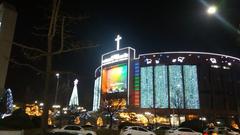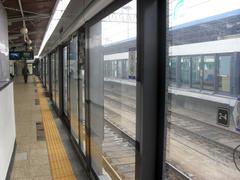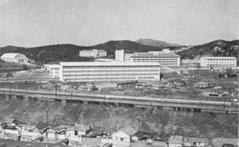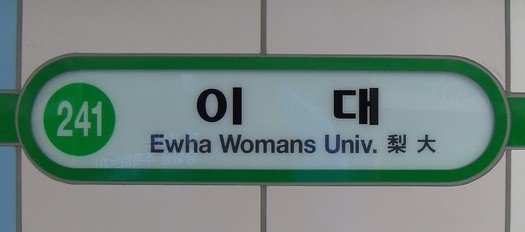
Ewha Womans University Station: Visiting Hours, Tickets, and Nearby Attractions in Seoul
Date: 15/06/2025
Introduction to Ewha Womans University Station and Its Significance for Visitors
Situated in Seoul’s energetic Sinchon district, Ewha Womans University Station is more than a subway stop—it’s the gateway to a landmark of women’s education and one of Seoul’s most youthful, vibrant neighborhoods. As the main access point to Ewha Womans University (the world’s largest women’s university, founded in 1886) and the bustling Ewha Shopping Street, the station welcomes tourists, students, and locals alike (Korea Trip Guide). Its modern infrastructure, accessibility features, and close proximity to major cultural sites make it an essential starting point for exploring this unique corner of the city (Seoul Metro official website).
This comprehensive guide covers everything you need to know: from campus visiting hours and ticketing, to architectural highlights, shopping tips, transit connections, and recommendations for making the most of your visit to the Ewha area.
Table of Contents
- Introduction
- Historical Background and Cultural Significance
- Campus Architecture and Landmarks
- The University Quarter: Culture and Youth
- Visitor Information: Hours, Tickets, Accessibility
- Ewha Womans University Station: Layout & Facilities
- Ewha Shopping Street: Shopping & Dining Guide
- Frequently Asked Questions (FAQ)
- Conclusion & Travel Tips
- References and Further Reading
Historical Background and Cultural Significance
Founding and Early Development
Established in 1886 by missionary Mary F. Scranton and named “Ewha” (meaning “Pear Blossom”) by Emperor Gojong, Ewha Womans University holds a special place in Korean history as the nation’s first modern school for women. Starting with just 15 students, it quickly became a symbol of educational progress and social change, pioneering curricula tailored for women (Korea Trip Guide).
Growth and Societal Impact
Despite adversity, especially during the Japanese occupation, Ewha remained committed to advancing women’s education. The institution was officially chartered as a university post-liberation and has since grown to over 21,000 students. Ewha alumni have gone on to distinguish themselves across society, championing gender equality and innovation (KoreaPlus Lifes).
Campus Architecture and Landmarks
Ewha’s campus is a stunning blend of heritage and modernity. Historic buildings like Pfeiffer Hall (1935) and the Main Hall display Gothic influences, while the Ewha Campus Complex (ECC)—a sunken, glass-walled architectural marvel designed by Dominique Perrault—embodies Ewha’s innovative spirit (Korea Trip Guide). The campus also features tranquil gardens, open plazas, and the Ewha Womans University Museum, which houses over 18,000 artifacts (Ewha official site).
The University Quarter: Culture and Youthful Energy
Ewha Womans University anchors a dynamic district known for its youthful atmosphere and cultural exchange. Neighboring universities (like Yonsei, Sogang, and Hongik) contribute to a lively “University Quarter” filled with affordable eateries, indie music venues, and vibrant shopping streets (Travelgasm). The adjacent Ewha Shopping Street is a hotspot for Korean fashion and cosmetics, reflecting the tastes of both students and visitors (KoreaPlus Lifes).
Visitor Information: Hours, Tickets, Accessibility
Visiting Hours and Admission
- Campus: Open to visitors 9:00 AM–6:00 PM daily; most buildings close earlier (typically 5:00 PM).
- Tickets: General campus access is free. The museum and special exhibitions may have a small fee.
- Guided Tours: Currently, public tours are unavailable. Student-guided tours for school groups can be arranged in advance. Virtual tours are accessible online (Ewha VR Tour).
Accessibility
- Transport: Ewha Womans University Station (Line 2, Exits 2 & 3) is the most direct access point.
- Campus Access: Ramps, elevators, and accessible restrooms are found throughout the campus, particularly within the ECC.
- Assistance: Visitors with disabilities can request support by contacting the university in advance.
Facilities
- Restrooms and cafes in the ECC and major buildings.
- Bookstore with university merchandise.
- Free Wi-Fi in many campus areas.
Best Times to Visit
- Spring (April–May): Cherry blossoms.
- Autumn (October–November): Vibrant foliage.
Ewha Womans University Station: Layout & Facilities
Station Layout and Design
- Subway Line: Line 2 (Green Line), coordinates: 37°33′24″N 126°56′45″E.
- Platform: 1 island platform with separated boarding areas, connected by passageways.
- Levels: Multiple underground levels for ticketing, retail, and platform access.
- Signage: Clear, multilingual (Korean, English, Chinese, Japanese).
Operating Hours and Ticketing
- Hours: 5:30 AM–12:30 AM (Line 2 schedule).
- Tickets: Available at machines or counters. T-money/Cashbee cards widely accepted.
- Fares: Start at 1,350 KRW; vary by distance.
Exits and Surroundings
Main exits:
- Exits 2 & 3: Best for Ewha campus and shopping street—just a 5-minute walk to the university entrance.
- Exits 1, 4, 5, 6: Lead to residential areas, bus stops, and additional shopping/dining options.
Accessibility and Safety
- Elevators, escalators, tactile paving, and accessible restrooms throughout the station.
- Platform screen doors for safety.
- CCTV, emergency call points, and fire detection systems.
Connectivity
- Subway: Direct connections to Hongdae, Sinchon, Gangnam, Dongdaemun.
- Bus: Multiple city bus stops near exits.
- Airport Access: AREX to Hongdae (transfer to Line 2) or airport limousine buses.
Amenities
- Convenience stores, coffee shops, bakeries.
- ATMs, free Wi-Fi, staffed information desks.
- Digital kiosks for maps and wayfinding.
Ewha Shopping Street: Shopping & Dining Guide
Layout and Ambiance
Stretching from Ewha Station Exits 2 & 3 to the campus entrance, Ewha Shopping Street is pedestrian-friendly and lined with boutiques, beauty stores, cafes, and eateries. Side streets offer unique finds and quieter dining spots (KoreaToDo).
Shopping Highlights
- Fashion: Trendy boutiques with affordable styles (many items under 30,000 KRW).
- Beauty: Leading K-beauty brands with frequent student promotions (KoreaTripGuide).
- Accessories: Jewelry, hats, socks, and handmade goods.
- Uniform Rental: School uniform rentals for photo experiences (KoreaToDo).
Dining
- Cafes: Instagrammable coffee and dessert spots.
- Restaurants: Korean and international cuisine at student-friendly prices.
- Street Food: Tteokbokki, hotteok, odeng, bungeoppang.
Practical Info
- Hours: Most shops 10:00/11:00 AM–9:00/10:00 PM. Cafes/restaurants may stay open later.
- Payment: Credit cards widely accepted; cash preferred at small boutiques and vendors. ATMs in convenience stores.
- Accessibility: Main streets and most shops accessible; some boutiques have steps.
Safety
- Well-lit and patrolled; safe even at night.
- Standard precautions for belongings in crowds.
Tips
- Weekday mornings are quietest.
- Use public transport cards for easy subway access.
- Greet shop staff with “어서오세요” (Welcome); ask before trying on clothes.
Frequently Asked Questions (FAQ)
Q: What are Ewha Womans University’s visiting hours?
A: Generally 9:00 AM–6:00 PM; some facilities close earlier.
Q: Is there an entrance fee?
A: No; campus and most facilities are free. Special exhibitions/museum may charge a small fee.
Q: Are guided tours available?
A: Public tours are currently discontinued. School groups can book student-guided tours; virtual tours are online.
Q: Is the campus accessible?
A: Yes; ramps, elevators, and accessible restrooms are available.
Q: How do I get to Ewha Shopping Street?
A: Take Line 2 to Ewha Station (Exits 2 or 3); the street starts right outside.
Q: Is the area safe for solo travelers?
A: Yes; it’s well-lit and considered very safe.
Q: Can I bargain at shops?
A: Chain stores have fixed prices. Some independent boutiques may offer discounts for multiple items.
Conclusion & Travel Tips
Ewha Womans University and its surrounding district offer a unique blend of history, modern architecture, vibrant shopping, and youthful culture. Plan your visit for spring or autumn to enjoy the beautiful campus scenery and mild weather. Use Ewha Station for direct access, and take advantage of the area’s excellent amenities and transport links. Respect campus etiquette, and explore not only the university and shopping street but also nearby Sinchon, Hongdae, and cultural sites like the Seodaemun Prison History Hall.
For a seamless experience, utilize real-time navigation apps and stay updated on events via official websites and travel resources. The Ewha area promises a memorable Seoul adventure, whether you’re a history buff, fashion enthusiast, or curious traveler.
References and Further Reading
- Ewha Womans University: Visiting Hours, Tickets, and Exploring Seoul’s Historic Campus (Korea Trip Guide)
- Ewha Womans University Station Guide: Visiting Hours, Accessibility & Nearby Attractions (Seoul Metro)
- Ewha Womans University Visiting Hours, Tickets & Nearby Attractions Guide (Klook)
- Ewha Shopping Street Visiting Hours, Shopping Tips, and Must-See Attractions in Seoul (KoreaTripGuide)
- Ewha Womans University Official Website
- Korea Tourism Organization: Ewha Womans University Page
- Sugar N Pie: Ewha Womans University Travel Guide
